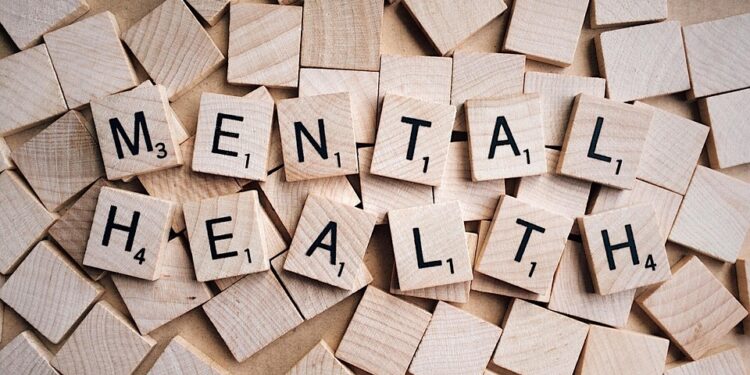Empowering Minds: Breaking the Stigma and Taking Control of Your Mental Health
The Importance of Mental Health
Mental health is just as important as physical health, yet it is often overlooked or stigmatized in society. Taking care of your mental health is crucial for overall well-being and quality of life. It affects how we think, feel, and act, and can impact our relationships, work, and daily activities. Ignoring mental health issues can lead to more serious problems down the road, so it is essential to address them early on.
Breaking the Stigma
One of the biggest barriers to seeking help for mental health issues is the stigma surrounding it. Many people feel ashamed or embarrassed to admit that they are struggling, and fear being judged or labeled as “crazy.” However, mental health is a common and natural part of life, and seeking help is a sign of strength, not weakness.
By breaking the stigma and opening up about our struggles, we can create a more supportive and understanding environment for those in need. It is important to educate ourselves and others about mental health, and to show compassion and empathy towards those who are struggling. By normalizing the conversation around mental health, we can encourage more people to seek help and take control of their well-being.
Common Mental Health Issues
There are many different types of mental health issues that can affect individuals, ranging from anxiety and depression to more severe conditions such as bipolar disorder and schizophrenia. It is important to recognize the signs and symptoms of these issues, and to seek help if you or someone you know is struggling.
Anxiety is one of the most common mental health disorders, affecting millions of people worldwide. It is characterized by feelings of worry, fear, and apprehension, and can manifest in physical symptoms such as rapid heartbeat, sweating, and trembling. Depression is another common mental health issue, characterized by feelings of sadness, hopelessness, and loss of interest in activities that were once enjoyable.
Other mental health issues include bipolar disorder, which is characterized by extreme mood swings from mania to depression, and schizophrenia, which is a severe mental disorder that affects how a person thinks, feels, and behaves. It is important to seek professional help if you or someone you know is experiencing symptoms of these mental health issues.
Seeking Help and Taking Control
If you are struggling with your mental health, it is important to seek help from a qualified mental health professional. This could be a therapist, counselor, psychologist, or psychiatrist, depending on the severity of your symptoms. These professionals can provide you with the support, guidance, and treatment you need to overcome your struggles and improve your well-being.
In addition to seeking professional help, there are also many things you can do to take control of your mental health on your own. This includes practicing self-care, such as getting enough sleep, eating a healthy diet, exercising regularly, and engaging in activities that bring you joy and relaxation. It is also important to set boundaries, manage stress, and practice mindfulness and relaxation techniques to help calm your mind and body.
Supporting Others and Building a Support System
If you know someone who is struggling with their mental health, it is important to offer your support and understanding. Listen to them without judgment, validate their feelings, and encourage them to seek help if needed. You can also help them with practical tasks, such as making appointments or providing transportation to therapy sessions.
Building a support system of friends, family, and other loved ones is also crucial for maintaining good mental health. Surround yourself with positive and supportive people who uplift you and make you feel good about yourself. Lean on them for support when needed, and offer your support in return when they are struggling. Building strong relationships and connections with others can help you feel more connected and less alone in your struggles.
Conclusion
Taking care of your mental health is essential for overall well-being and quality of life. By breaking the stigma surrounding mental health, seeking help when needed, and taking control of your well-being, you can empower yourself to live a happier and more fulfilling life. Remember that you are not alone in your struggles, and that there are resources and support available to help you on your journey to better mental health. Prioritize self-care, seek help when needed, and build a strong support system to help you navigate life’s challenges with resilience and strength. You deserve to prioritize your mental health and well-being, so take the first step towards a healthier and happier you today.

































































